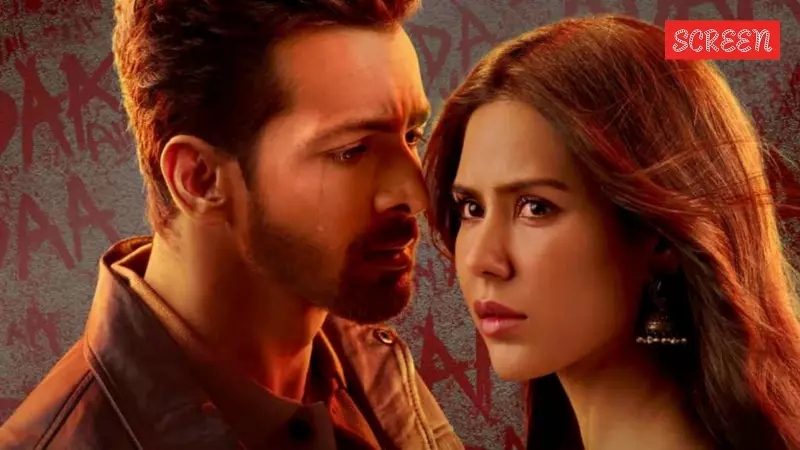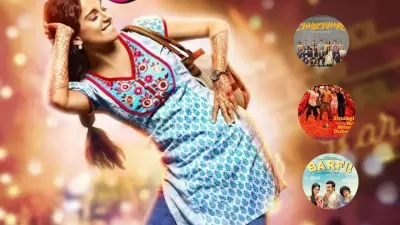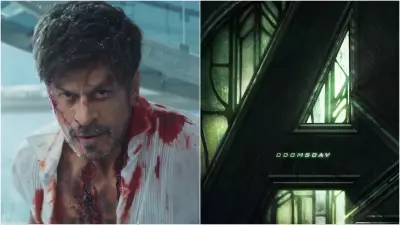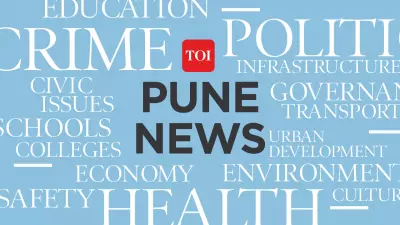
In what feels like a disturbing step backward for Hindi cinema, Ek Deewane Ki Deewaniyat arrives as an unwelcome echo of Bollywood's most problematic era—the 90s normalization of obsessive stalking disguised as romance.
A Dangerous Romanticization
The film starring Harshvardhan Rane and Sonam Bajwa dangerously blurs the lines between passionate pursuit and criminal harassment, reviving the toxic tropes that made films like Darr and Anjaam culturally concerning despite their commercial success.
Rather than offering a contemporary perspective on relationships, the narrative seems to celebrate the very behaviors that modern audiences and critics have rightfully condemned in older Bollywood productions.
Uncomfortable Parallels
The film's central premise bears uncomfortable resemblance to the Shah Rukh Khan-starrer Darr, where obsessive love was portrayed as romantic rather than dangerous. Similarly, it echoes the disturbing intensity of Madhuri Dixit's Anjaam, creating a narrative that feels both dated and dangerously irresponsible.
Contemporary cinema has made significant strides in portraying healthier relationship dynamics, making this regression particularly disappointing for viewers hoping for more progressive storytelling.
Performance and Production Values
While Harshvardhan Rane delivers a committed performance, the problematic script undermines his efforts. Sonam Bajwa, though competent, is trapped in a role that reduces her character to an object of obsession rather than a fully-realized individual.
The technical aspects of the film—cinematography, music, and production design—show professional execution, but these elements cannot compensate for the fundamentally flawed narrative foundation.
A Missed Opportunity
In an era where audiences are increasingly aware of toxic relationship dynamics and the real-world consequences of romanticizing obsessive behavior, Ek Deewane Ki Deewaniyat feels like a missed opportunity to tell a more responsible story.
The film's failure to critically examine or subvert these harmful tropes places it firmly in the category of regressive cinema that modern Bollywood should be moving beyond.
For viewers seeking progressive entertainment that respects boundaries and promotes healthy relationships, this film offers little beyond concerning nostalgia for a problematic era in Indian cinema.





